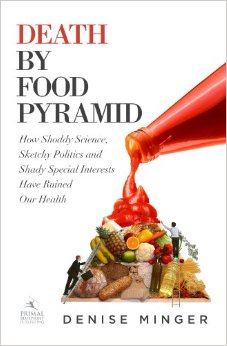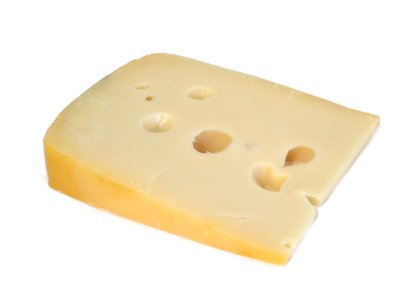When I was little, I wanted to be a cat when I grew up. I used to meow in response to questions and decapitate Barbies so that I could bat around their heads with my paw-hands. When Cat stopped seeming like a viable career goal, I decided I wanted to be an author instead.* I could think of nothing more magical than making words happen. And if I was stuck with my opposable human thumbs, I might as well put them to use.
*This is actually kind of a lie. In preschool, I learned the words “author” and “pilot” around the same time. Neither one made much sense (does an author “auth”? Does a pilot “pile”? What kind of convoluted language is this?), and I spent a while confusing the two. The worst was when a local news channel came in to interview my preschool and ask all the students what they wanted to be when they grew up. I was going to say “cat,” but my mom told me she would give me all my Hanukkah presents early if I didn’t say “cat,” so I decided to say “pilot,” which I thought was the word for a person who writes books. People kept giving me toy airplanes after that, which I tried to flush down the toilet. I never got my early Hanukkah presents, and it was the last time my mother succeeded at gift-bribery (hi Mom I love you!).
Anyway, I thought I’d open with that anecdote to distract you from the fact that I haven’t updated this blog in seventeen months and I disappeared without warning and it was weird and horrible. I’m sorry. But let’s not think about it that way. The real issue here is that I was a really messed up kid, and there’s nothing to be done about it now.
That said, I have some news! The reason I dropped off the face of the earth was this:
This is a book. Some of you know about it; some of you don’t. I started writing it in March of 2011. I thought I’d be done by September of that year. To which my now-older-and-wiser self responds, (more…)


